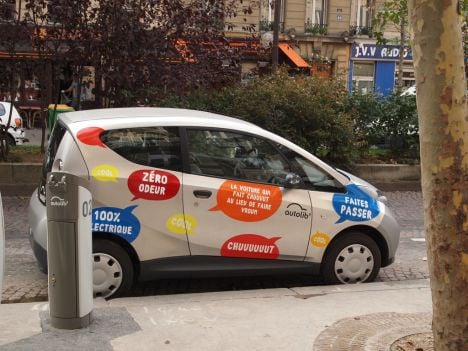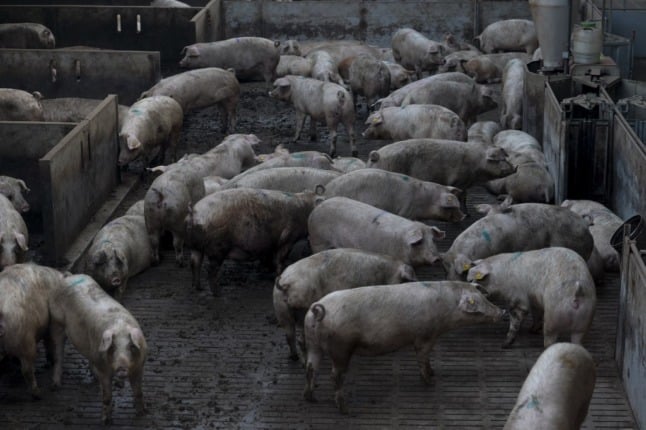Sunday’s Journal du Dimanche newspaper reported that one quarter of the 200 cars have had to be withdrawn as a result of vandalism and break downs, leaving just 150 cars in circulation.
The car scheme, known as Autolib’, was launched at the start of December.
Users can pay €10 ($13) for a day’s subscription or €15 ($19) for a week to use the electric cars. Each user then pays around €7 for each half hour of use.
Around 6,000 people have signed up to use the scheme.
The four-seater cars were designed and manufactured by Italian designer Pininfarina and have a range of up to 250 kilometres between recharging.
The scheme was designed to help cut pollution and traffic in Paris.
“We want to persuade people to shift from the concept of owning a car to that of using a car,” Autolib’ general manager Morald Chibout told Reuters.
The €235 million project was launched by Paris mayor Bertrand Delanoë and a total of 3,000 cars are planned at more than 1,000 stations by the end of 2012.



 Please whitelist us to continue reading.
Please whitelist us to continue reading.
Member comments